Get In Touch
-
Write Us a Message
-
Request a Callback
-
Get a quote
EMBRACE THE POWER OF DEVOPS.
DevOps, is an innovative approach to software delivery and operations. It enables organisations to streamline processes, enhance collaboration, and deliver high-quality products at an accelerated pace.
What is Dev Ops?
DevOps is a methodology that combines software development (Dev) and IT operations (Ops) to create a collaborative and automated approach to software delivery. It emphasises close collaboration between developers, quality assurance (QA) teams, and operations professionals to ensure seamless integration, testing, and deployment of software. DevOps promotes a culture of shared responsibility, continuous integration, and continuous delivery (CI/CD), resulting in faster time to market, improved product quality, and enhanced customer satisfaction.

Key Concepts and Practices of Dev Ops
Collaboration & Communication
DevOps fosters collaboration among cross-functional teams, encouraging effective communication and knowledge sharing. Developers, operations engineers, system administrators, and other stakeholders work together throughout the development lifecycle, reducing silos and enabling faster problem-solving.
Infrastructure as Code (IaC)
DevOps promotes the use of IaC, where infrastructure components such as servers, networks, and databases are provisioned and managed through code. IaC ensures consistent and reproducible infrastructure setups, simplifies configuration management and facilitates scalability and resilience.
Continuous Integration & Continuous Delivery (CI/CD)
CI/CD is at the core of DevOps. It involves integrating code changes frequently, running automated tests, and continuously delivering updates to production environments. This approach reduces the risk of defects, shortens feedback loops, and allows for rapid iterations and improvements.
Automation
Automation plays a vital role in DevOps, automating repetitive tasks, such as code builds, testing, and deployment. Automation not only saves time and effort but also minimises human error, enhances reliability, and improves overall efficiency.
Benefits of Dev Ops
Increased Speed & Agility
DevOps enables organisations to release new features, enhancements, and bug fixes more frequently, resulting in shorter development cycles. This speed and agility help companies respond quickly to market demands and gain a competitive edge.
Improved Collaboration & Efficiency
DevOps encourages closer collaboration between teams, fostering a culture of shared ownership and responsibility. By breaking down barriers, teams work together seamlessly, reducing bottlenecks and improving overall efficiency.
Enhanced Quality & Stability
Through continuous testing and automated deployments, DevOps ensures that software changes are thoroughly tested, reducing the likelihood of bugs and stability issues in production environments. This results in higher-quality products and enhanced customer satisfaction.
Cost Savings
DevOps streamlines processes, eliminates waste, and reduces manual effort through automation. This optimisation leads to cost savings by increasing productivity, reducing downtime, and minimising the need for rework.
Siderise Ltd
 As a large business, we have huge demands on our IT system and ITCS has got it covered.
As a large business, we have huge demands on our IT system and ITCS has got it covered.
They are super professional, knowledgeable and more importantly, the customer service is exemplary.
Renault Dealership
 ITCS’s commitment to enhancing our online presence through meticulous SEO strategies has yielded remarkable results. Our website’s visibility and engagement have notably improved, leading to increased brand recognition and business growth. This success can be attributed to their in-depth knowledge of SEO intricacies and their proactive approach to adapting strategies to suit our evolving needs.
ITCS’s commitment to enhancing our online presence through meticulous SEO strategies has yielded remarkable results. Our website’s visibility and engagement have notably improved, leading to increased brand recognition and business growth. This success can be attributed to their in-depth knowledge of SEO intricacies and their proactive approach to adapting strategies to suit our evolving needs.
Bridgend Citizens Advice
 ITCS went above and beyond by offering insightful consultancy with regards to upgrading our hardware infrastructure and implementing robust disaster recovery plans. They provided invaluable guidance and implemented solutions such as a new UPS and disaster recovery solutions with both local and offsite data backups, ensuring our business is well-prepared for any unforeseen events.
ITCS went above and beyond by offering insightful consultancy with regards to upgrading our hardware infrastructure and implementing robust disaster recovery plans. They provided invaluable guidance and implemented solutions such as a new UPS and disaster recovery solutions with both local and offsite data backups, ensuring our business is well-prepared for any unforeseen events.
Sony Global Manufacturing
 ITCS deliver a prompt, quality service building and supplying test computers to our requested specifications. They understand our business needs and deliver an excellent service
ITCS deliver a prompt, quality service building and supplying test computers to our requested specifications. They understand our business needs and deliver an excellent service






 CLOSE
CLOSE











